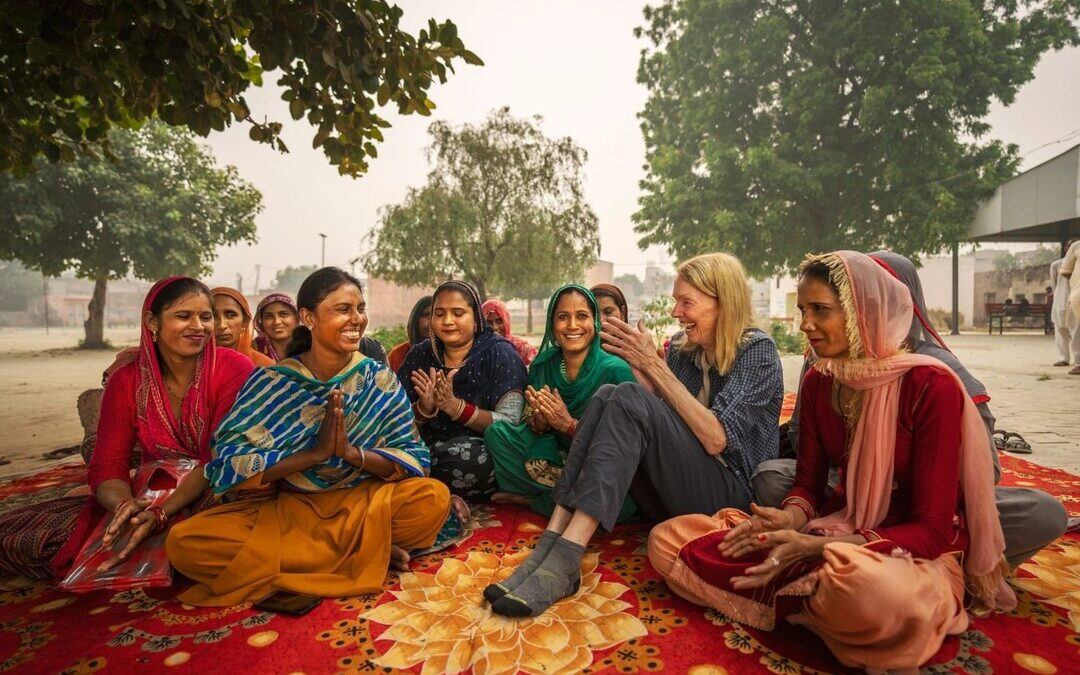Boomitra’s Carbon Farming Project in India Wins Verra Registration
Boomitra’s Verra-backed project brings carbon finance to 23,000 smallholder farmers across India’s key agricultural states.
Boomitra, a California-based climate tech firm, said on Friday its “Carbon Farming South of the Vindhyas” project in India has received registration from Verra, a leading carbon standard, marking its fifth global soil carbon initiative and deepening its work with smallholder farmers.
Smallholder Farmers at the Core
The project, Boomitra’s first Verra-registered program in India under the VM0042 improved agricultural land management methodology, covers more than 23,000 farmers cultivating over 88,000 acres (35,894 hectares).
Farmers adopt regenerative techniques including intercropping, composting, minimal tillage and residue management to enhance soil health, increase yields and earn revenue from carbon credits.
“This is a major milestone for carbon removal in India,” said Aadith Moorthy, Boomitra’s founder and chief executive. “If we don’t reach the world’s smallest farmers, we won’t solve climate change. With this project, we’re proving that’s possible at scale.”
Large-Scale Climate Gains
The project is expected to remove about 89,299 tonnes of carbon dioxide annually through increased soil organic carbon, according to initial monitoring. Boomitra’s project design documents project an average reduction potential of 400,000 tonnes of CO₂ equivalent each year over a 20-year crediting period.
By using its AI-powered, satellite-based measurement, reporting and verification system, Boomitra eliminates the need for costly physical soil sampling. This enables accurate and Verra-approved monitoring even across fragmented smallholdings.
Broad Regional Footprint
The grouped project spans multiple states, including Andhra Pradesh, Maharashtra, Odisha, Karnataka, Tamil Nadu, Telangana and Gujarat. It builds on India’s history of intensive agriculture, which has depleted soil carbon and left small farmers vulnerable to climate shocks.
Through regenerative methods, soils regain organic matter, improving water retention and resilience to erratic rainfall. India faces severe groundwater stress and more frequent droughts and floods, making such practices critical for long-term food security.
Network of Local Partners
Boomitra works with more than 30 partners across the agricultural value chain, including Agribolo, Avadh Sugar, the Center for Sustainable Agriculture, DCM Sriram, Pragmatix and Welspun.
These groups provide localized training and outreach, ensuring that regenerative practices reach farmers growing sugarcane, cotton, pulses, groundnut, maize, soybean and rice.
Community and Environmental Benefits
Beyond climate gains, the project supports multiple UN Sustainable Development Goals, including poverty reduction, food security and climate action.
Farmers receive direct financial benefits from carbon credit sales, improving incomes and resilience. The project also ensures compliance with India’s labor and environmental laws, while safeguarding human rights and biodiversity.
Scaling Climate Finance Access
Boomitra’s first India initiative, the URVARA Carbon Farming Project, has already issued credits under the Social Carbon registry.
With SOVIN’s Verra registration, the company aims to expand farmer access to international climate finance. The project currently covers about 100,000 acres, with plans to add more farmers over time.
Boomitra, which won the Earthshot Prize in 2023, says its global portfolio now spans four continents, benefiting over 100,000 farmers and covering 5 million acres. The firm has removed 10 million tonnes of CO₂ to date.
Nirmal Menon
Related posts
Subscribe
Error: Contact form not found.


